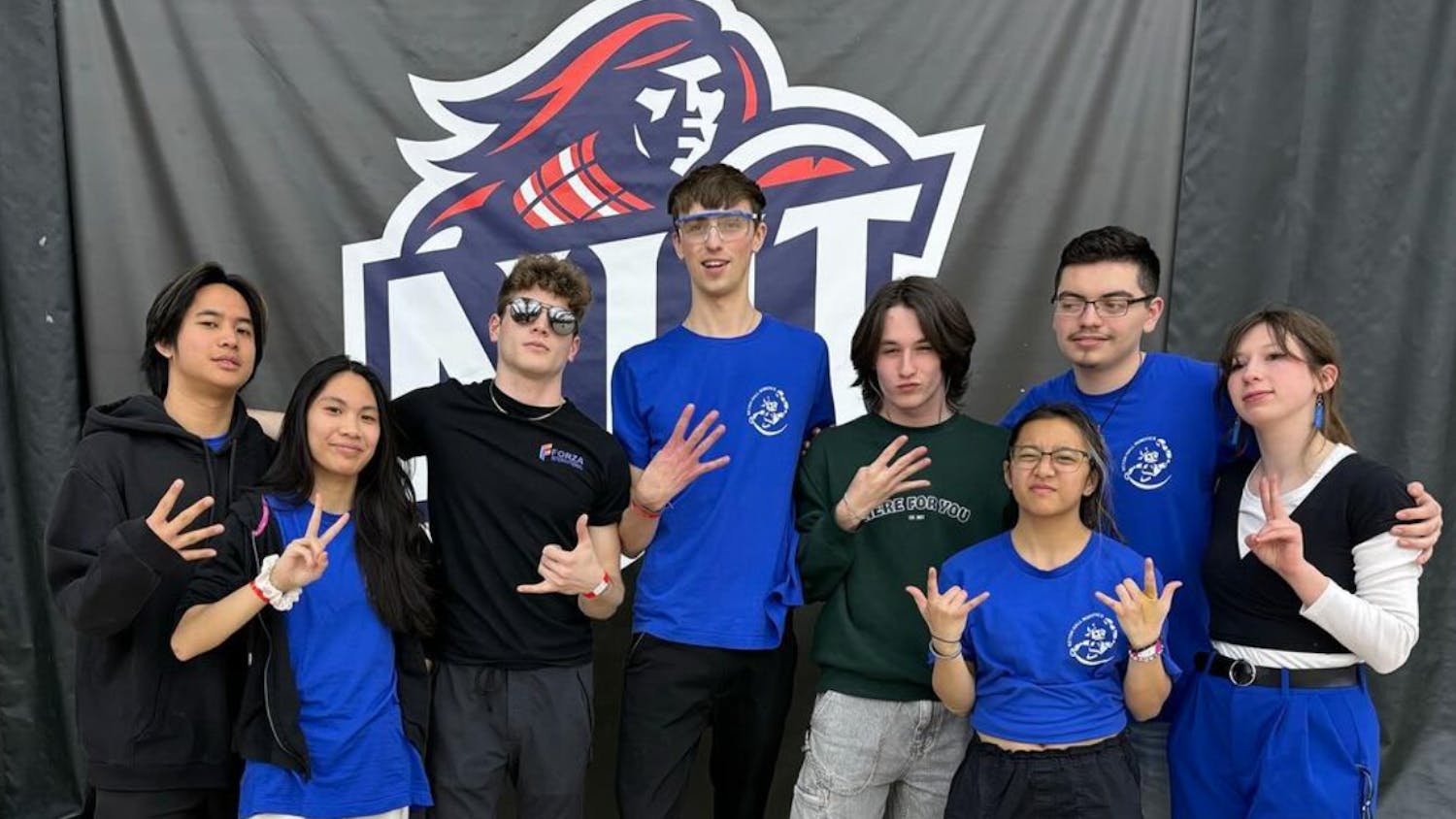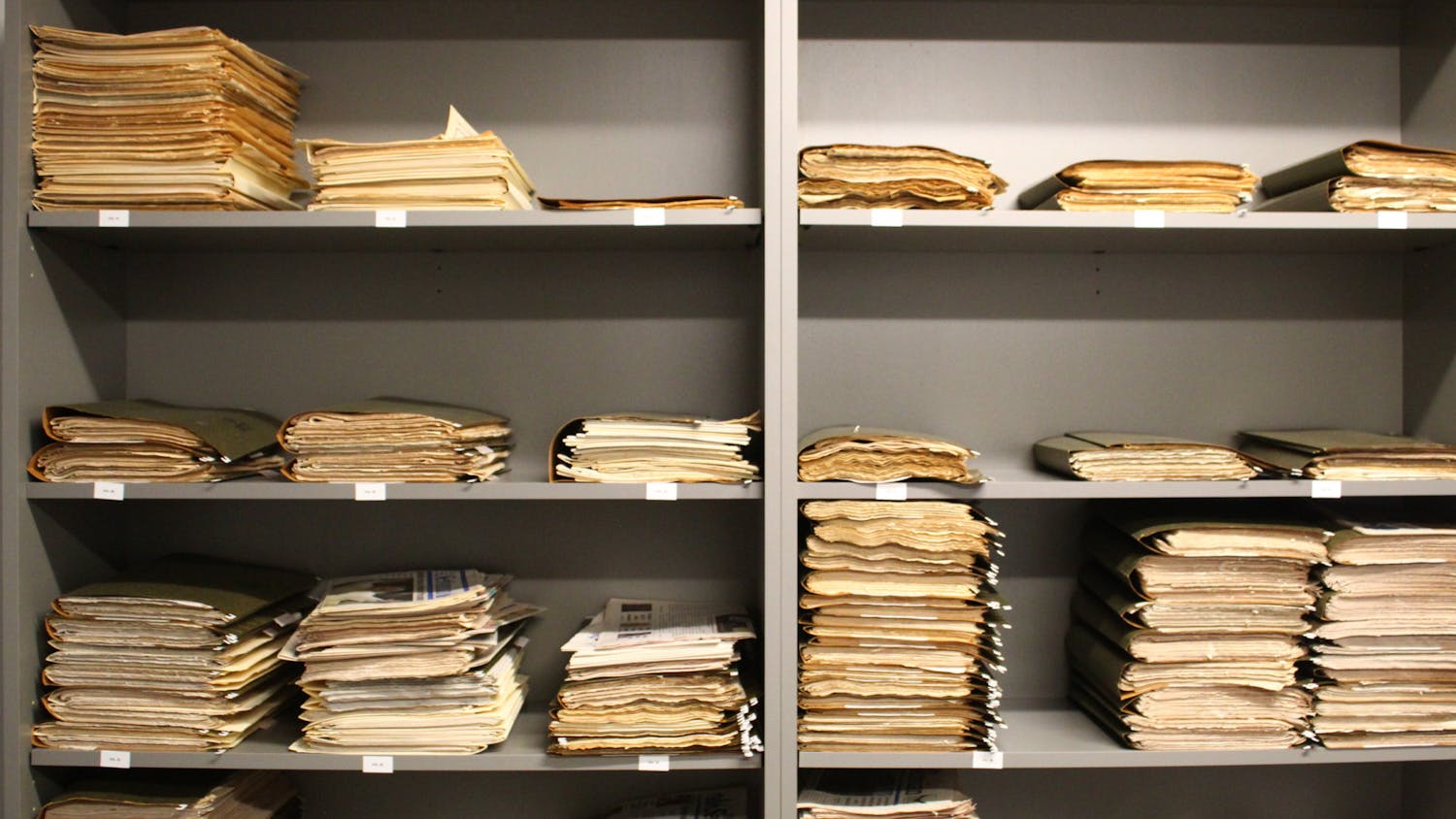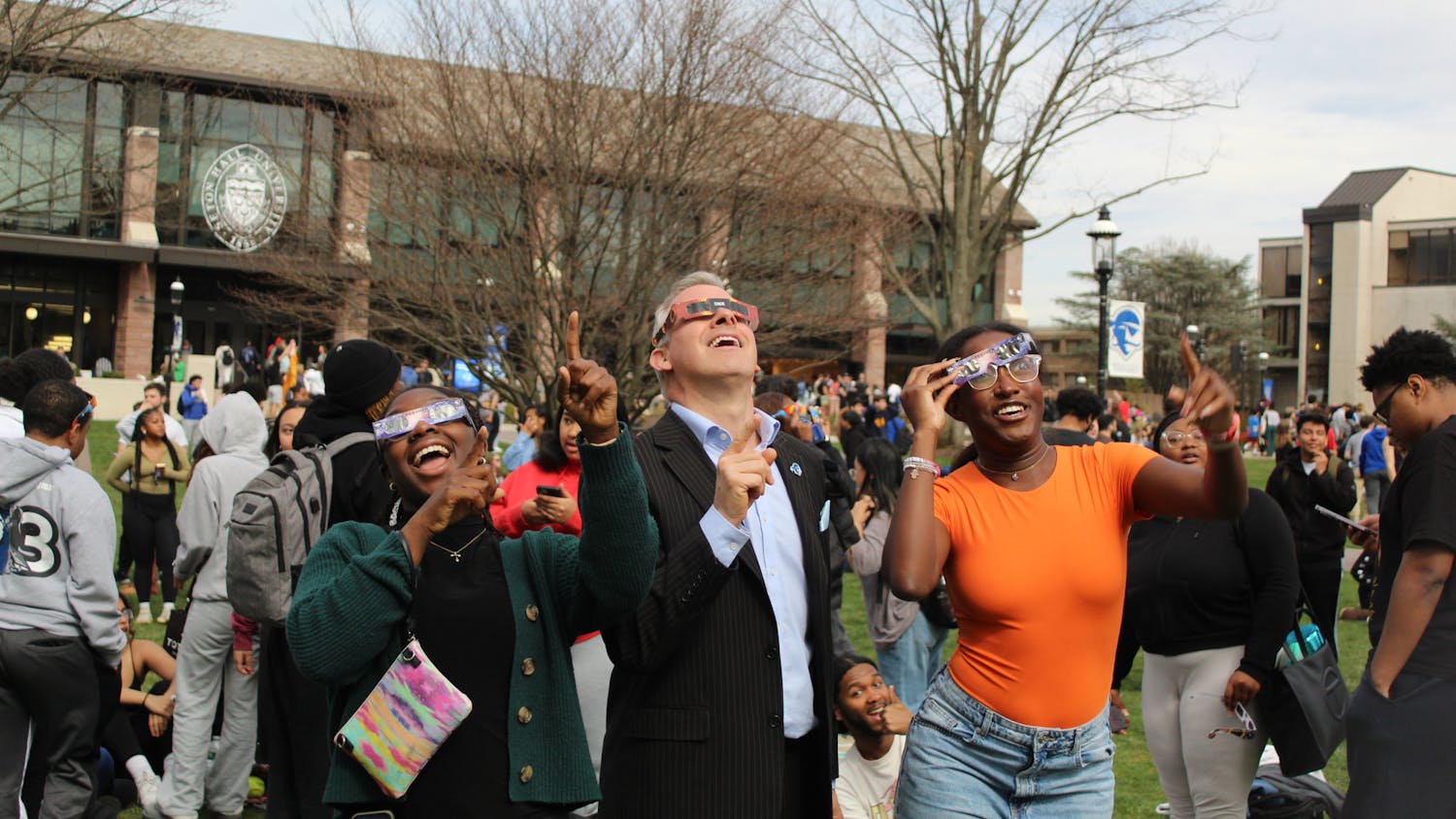The bloody carnage of the Second Liberian Civil War threatened to unweave the fabric of the country’s fragile society between 1999 and 2003, claiming the lives of nearly 200,000 people, displacing as many as a third of the entire population and leading to widespread sexual violence towards women.
Peace came through a concerted effort under the inspirational leadership of Liberian peace activist Leymah Gbowee and the Women of Liberia Mass Action for Peace movement, which saw thousands of empowered women band together in the capital city of Monrovia to demand a peace agreement in August 2003. While the peace has held throughout the country for over a decade and welcomed the leadership of the first elected female African head of state, Ellen Johnson Sirleaf, a different kind of war—one disproportionately affecting women—now rages throughout the West African nation: the war on Ebola.
According to the Centers for Disease Control, there have been 13,268 total cases of the virus in Liberia, Sierra Leone and Guinea, and 4,960 deaths in those countries. As many as 75 percent of those who died have been women.
“Differences in exposure between males and females have been shown to be important factors in transmission of (Ebola),” according to a 2007 World Health Organization document. “Therefore, it is important to understand the gender roles and responsibilities that affect exposure in the local area.”
In her upcoming Nov. 20 World Leaders Forum lecture titled “The Butterfly Effect: Local Actions Informing Global Responses,” Gbowee, the 2011 Nobel Peace Prize laureate, will comment on the nature of the current health crisis while ad- dressing the relationship be- tween community and international responses.
“The health crisis in Guinea, Sierra Leone and Liberia highlights the need for health professionals, quality facilities and a focus on providing basic services especially to women and children,” Gbowee said in a written statement to the School of Diplomacy and International Relations.
“Underprivileged communities are most impacted during the current crisis, which stresses the need for a strong health network accessible to all.”
Gbowee’s visit to Seton Hall comes at a tumultuous time for Liberia and emphasizes the Nobel winner’s commitment to engaging with students in universities around the world who aspire to become global leaders in the face of trying obstacles.
“At SHU, we teach our students to be servant leaders in a global society,” said Elizabeth Halpin, associate dean of external affairs. “We are proud to bring some of the world’s most recognized servant leaders to campus, through our World Leaders Forum, to show students the impact that one person can have globally.”
A prevalent theme in Gbowee’s address will be that peace building and growth in both Liberia and globally relies on access to quality education, especially for young girls.
“I believe it is the foundation of any successful society and doubt you will find a more dedicated and passionate promoter of education than Leymah,” said Matt Mitchell, a graduate student in the School of Diplomacy who has traveled throughout West Africa and currently focuses on Sub-Saharan economic development.
“I hope her discussion at the World Leaders Forum combines elements of her willingness to speak truth to power and sense of optimism to give students perspective on what drives activism at the grassroots level and how being thrust into leadership roles can transform individuals just as it transformed her,” Mitchell said.
Gbowee’s talk is sponsored by the School of Diplomacy and International Relations. The event starts at 4:30 p.m. in the Jubilee Hall auditorium on Thursday, Nov. 20. Tickets are free and open to all members of the Seton Hall community.
Anthony DiFlorio can be reached at anothony.diflorio@student.shu.edu.





